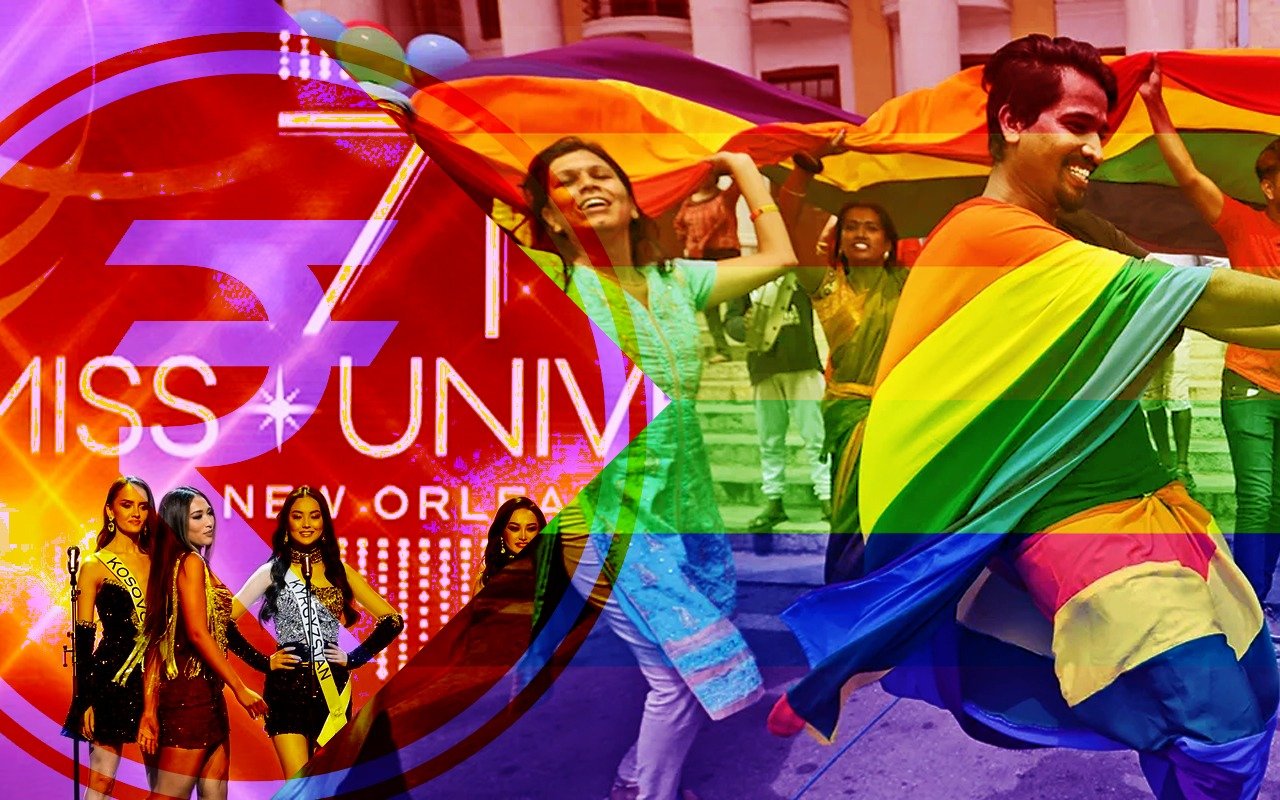The 72nd edition of the Miss Universe 2023 pageant was held in El Salvador and featured six participants who broke the conventional norms of beauty and representation. They included Miss Pakistan, who faces severe backlash at home; Miss Nepal, a plus-sized contestant; Miss Netherlands and Miss Portugal, both transgenders; Miss Colombia and Miss Guatemala, both married women able to contest due to the organizers changing their rules to accommodate women of all nature.
Though the organizers have been praised for bending the rules to embrace women of different backgrounds, identities, sizes and marital statuses, the fact remains that beauty pageants have long been a controversial subject, because they perpetuate harmful stereotypes and contribute to the commodification of women. Young adult women, teenagers and even adult women, the world over suffer from issues regarding body image, self-worth, and societal values. In the world of beauty pageants, it becomes evident that women are often reduced to mere objects of beauty, judged primarily on their physical appearance rather than their intelligence, talent, or character.
Beauty pageants, such as Miss World and Miss Universe, have set unhealthy and unrealistic standards for beauty in women, such as height, weight, complexion, and smile. Women in India often share their own experiences of being influenced by these standards and how they hurt their self-esteem and aspirations. In earlier pageants, women contestants were often judged based on narrow standards of physical beauty, leading to unrealistic beauty ideals and detrimental effects on the self-esteem and body image of participants. But this time the Miss Universe pageant organisers wanted to have inclusivity and diversity, hence the commodification was extended to the LGBTQ.
In recent times, the LGBTQ movement has become increasingly commercialized, with businesses and brands incorporating diversity and complexity into their products and campaigns by featuring LGBTQ individuals, stories, and messages. While this representation is a positive step towards inclusivity, it is important to acknowledge the ongoing discrimination and oppression faced by the LGBTQ community in various parts of the world. Some businesses and brands leverage their platforms and resources to actively support LGBTQ causes, advocating for equality, rights, and visibility. However, the phenomenon of pinkwashing has emerged, wherein businesses use LGBTQ-friendly marketing to divert attention from negative aspects such as environmental damage or human rights violations. Similarly, the concept of rainbow capitalism highlights the exploitation of LGBTQ culture for profit without genuine contributions to LGBTQ causes or movements.
Gay pride items such as clothes, make-up, dishes, etc are sold as badges of honour and fashion, helping certain industries, and clearly catering to a certain market. As the commercialization of the LGBTQ movement continues, it is crucial for consumers to discern between authentic support and opportunistic strategies that may not align with the true spirit of inclusivity and activism. The recent Miss Universe 2023 is a prime example of that. By promoting a narrow definition of beauty and success, and commodification of the LGBTQ movement, beauty pageants contribute to the perpetuation of gender stereotypes and the objectification of women, transgenders and others. The influence of these events extends beyond the pageant itself, shaping societal perceptions of beauty, success, inclusivity, diversity and femininity.










